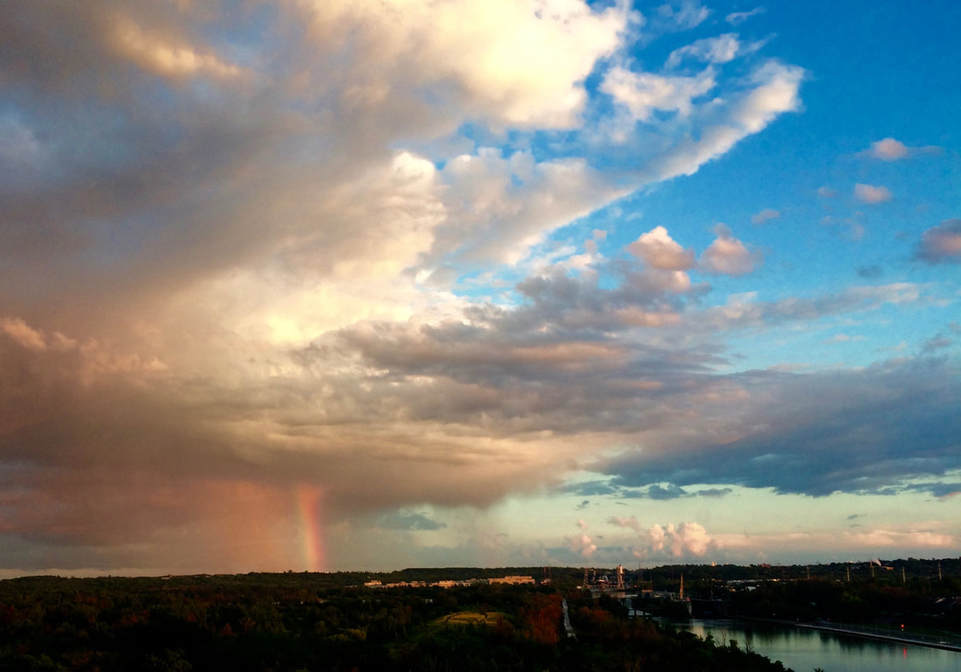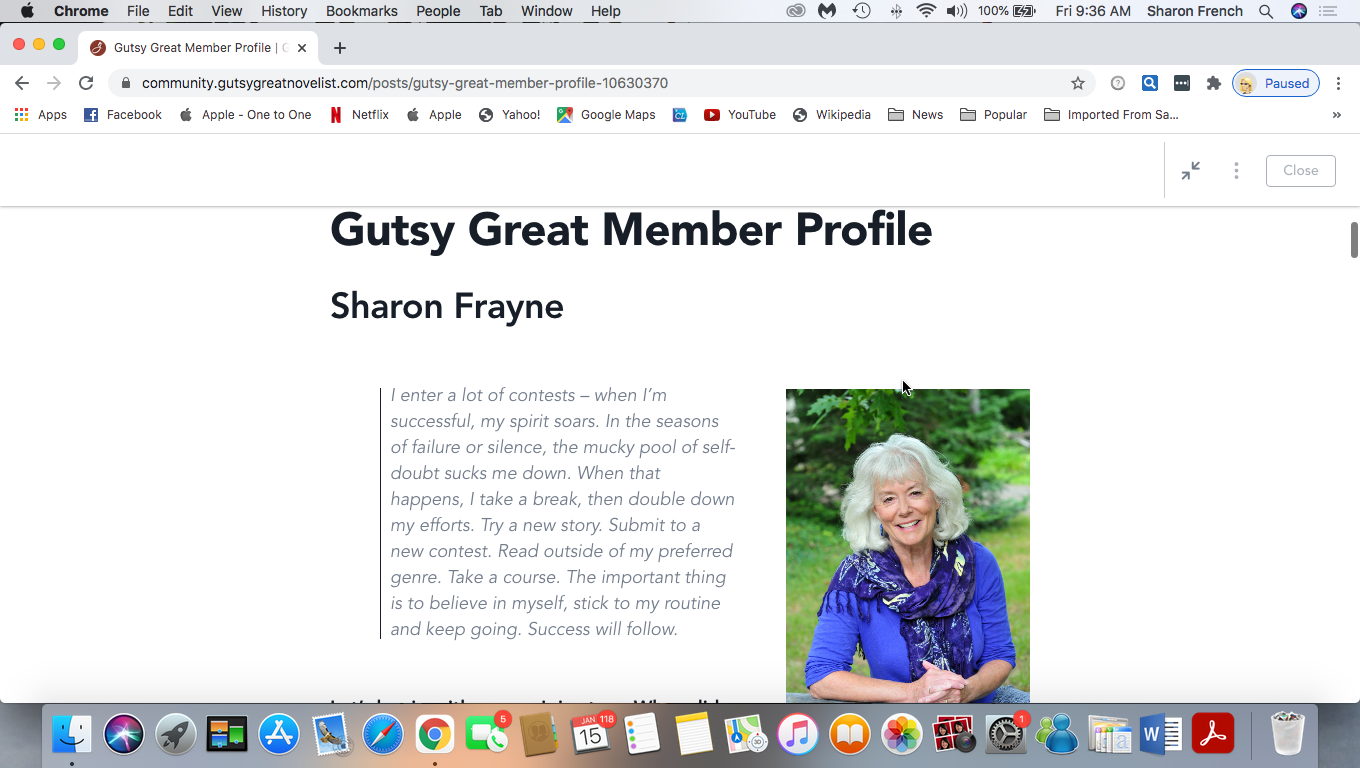Welcome to my blog!

15/01/2021
Today, I'm the featured writer in Joan Dempsey's Gutsy Great Novelist Writers Studio. Here's my response to the question: When did you first realize you wanted to write a novel? Was there a particular person or experience that inspired you?
My younger sisters' bedroom adjoined mine, with nightly consequences. I invented a communication code and taped it to the back walls of our side-by side closets. Long after we were supposed to be asleep, I'd go into the closet and communicate with them through a series of special knocks. Taking two flashlights, I crawled into the dark hallway and shone lights on the back wall of their bedroom. The wild, invented stories began. Often, they were inspired by a children's novel I'd just read. It was important to keep this a secret from our parents, who'd ruin all the fun if they knew!
Knock, knock. Time for a story.
My younger sisters' bedroom adjoined mine, with nightly consequences. I invented a communication code and taped it to the back walls of our side-by side closets. Long after we were supposed to be asleep, I'd go into the closet and communicate with them through a series of special knocks. Taking two flashlights, I crawled into the dark hallway and shone lights on the back wall of their bedroom. The wild, invented stories began. Often, they were inspired by a children's novel I'd just read. It was important to keep this a secret from our parents, who'd ruin all the fun if they knew!
Knock, knock. Time for a story.







 RSS Feed
RSS Feed